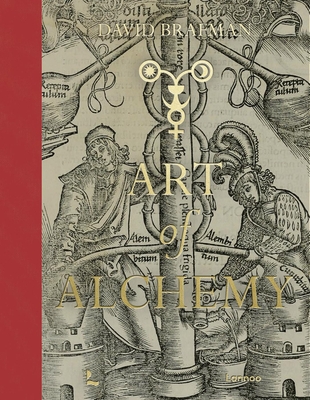
Churton, Tobias
product information
description
s of early alchemy - Examines the oldest surviving alchemical texts, the original purpose of the "Royal Art," and the first alchemists, showing how women dominated early alchemy - Looks at the historical setting for the first alchemists, with detailed accounts of their apparatus, recipes, chemical processes, and the ingredients they used - Reveals how changing the color of materials was more important in early alchemy than transmuting base metals into gold Investigating the origins of alchemy and the legend of the Philosopher's Stone, Tobias Churton explores the oldest surviving alchemical texts, the original purpose of the "Royal Art," and the first alchemists themselves. Showing how women dominated early alchemy, Churton looks at the first known alchemist, the Jewess Maria the Prophetess, the early alchemist Cleopatra (not the well-known Egyptian queen), and 3rd-4th century Egyptian female artisan Theosebeia, who had a guild of adepts working under her. He examines in depth the work of Zosimos of Panopolis, whose work inspired the medieval view of alchemy as an initiatory path for the transmutation of base metals into gold. The author also discusses the political and industrial realities facing the first alchemists. He examines the late antique "Stockholm" and "Leiden" papyri, which offer detailed knowledge of the first known Graeco-Egyptian chemical recipes for gold and silver dyes for metal and stone and purple dyes for wool. He reveals how the alchemical secrets for working with the "living statues" of the Egyptian temples was jealously guarded by the priesthood and how secrecy helped to reinforce beliefs that alchemical knowledge came from forbidden, celestial sources. He also investigates the mysterious relation between alchemy, spiritual gnosis, Hermeticism, and the Book of Enoch.
member goods
No member items were found under this heading.
Return Policy
All sales are final
Shipping
No special shipping considerations available.
Shipping fees determined at checkout.







